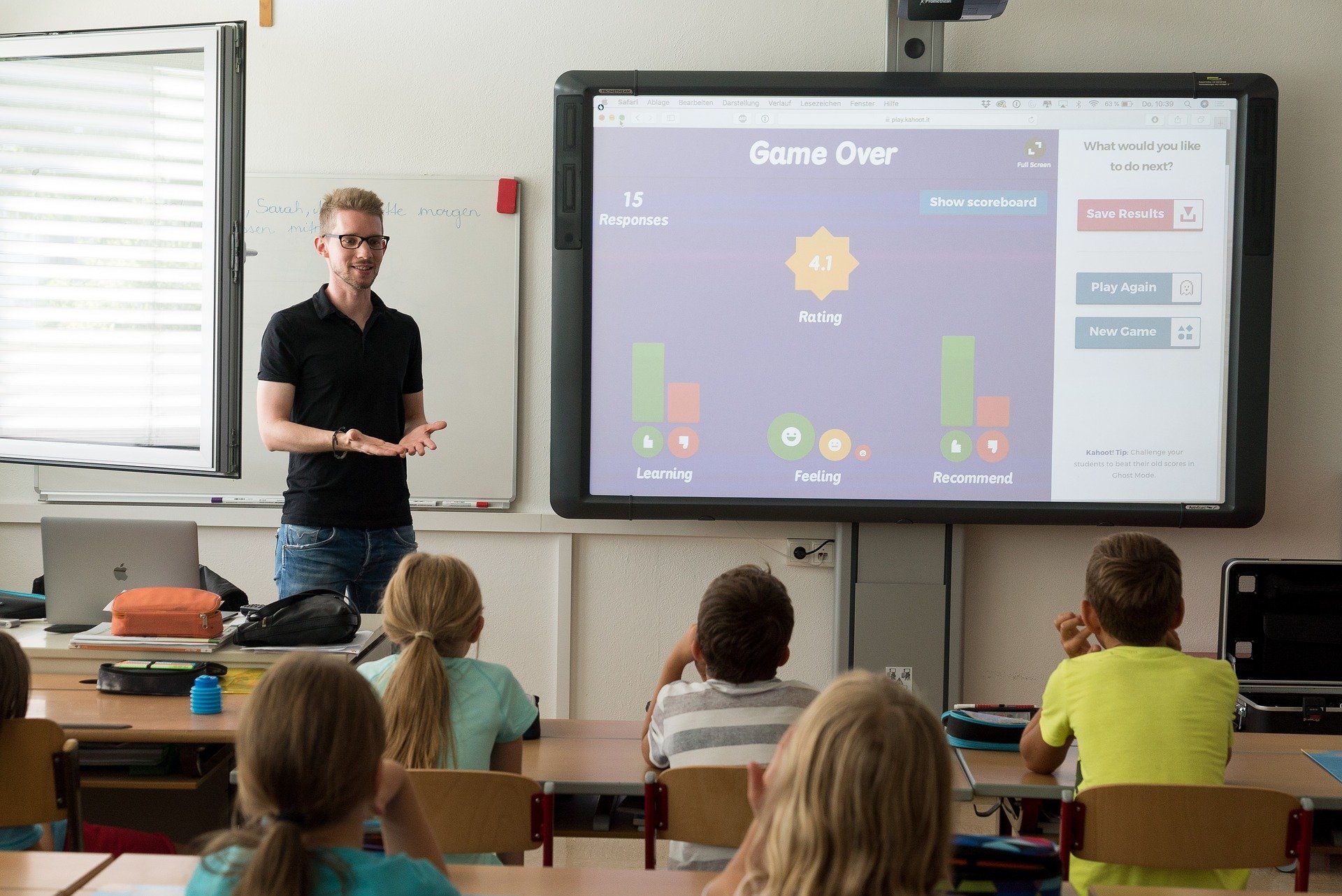
Parent/Teacher Relationships
Parents may not see the teachers and staff of their children’s schools as allies in a custody case, but at some point these professionals can build your case or tear it down. Covid-19 has added an extra dimension to these interrelationships, so pay attention.
It is not uncommon for administrators such as principals to be in court for custody cases. Just as social media can be used against you, so too can your parenting be judged based on the interaction you have with the staff at your child’s school. This staff can provide the number of times your child misses school, is tardy, has lunch accounted for, seems upset, and can also comment on how they perceive your family life to be progressing. A teacher sees and hears more than you think, and they can tell when your child is struggling at home.
This information could be positive during a custody dispute, especially if a comparison can be drawn. However, if you are struggling and a few bad days can be painted as steady parenting issues, the result could be serious.
Here are a few ideas for maintaining a good relationship and image with the faculty and staff at your child’s school:
Communicate
Anything happening in your home, whether it is a stomach bug or funeral, can interfere with the school routine. Always communicate with the school if your child is sick or has the need to miss a day—especially during these pandemic days. Virtual students may have connection issues or questions about assignments. Email the teacher and call the school so that communication stays open. For on-site students, call if you are running late, be responsible for picking up their homework, and let those interacting with your child know that you are divorcing or divorced. Communication opens teachers and staff members up to your child and to you as a parent. Communicating not only helps address needs, but shows you take responsibility for your child and your situation.
Be An Active Participant
Not every parent can serve on the PTO, especially during these times, but if you are active in some way the school sees your support and this speaks to your interest as a parent. You don’t have to volunteer for every bake sale ( especially if you are at risk) , but you do need to provide documentation if asked; you do need to sign forms; you do need to make it to conferences. Read the handbook, ask questions, be involved in the little things if the big things are not feasible.
Respect
Always treat the staff you interact with at your child’s school with respect. An irate parent, or an uncooperative parent, immediately is flagged for the staff as a potential problem. The minute you begin to disrespect the people in charge of your child, you lose respect in their eyes as well. A respected principal told me that one of the most frustrating things to see is how parents use the children against one another, and often try to gain the principal’s sympathy or ire in order to sway the law. Know their limitations, and respect their boundaries.
The school system seems separate from our personal lives, but all too quickly it can become a force of support, or the opposite. Everyone is feeling the pressure of our “new normal”. Remember to build a healthy relationship with the members of the school where your child attends. Communicate, be involved, and respect them for the professionals who care and educate your child.
